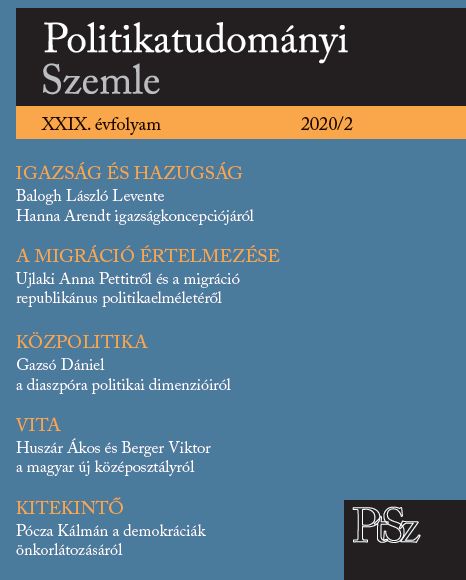Nemzetállamok és globális alkotmányosság. Miért korlátozzák önmagukat a demokráciák?
Nation States and Global Constitutionalism: Why Democratic Regimes Constrain Themselves?
Author(s): Kálmán PóczaSubject(s): Political Theory
Published by: MTA Politikai Tudományi Intézete
Keywords: consitutionalism; globalization; democratic theory; judicial review; international courts
Summary/Abstract: This paper fi rst discloses the origins of the idea and practice of global constitutionalism, and, second, presents the incentives and motivations of democratic nation states to constrain themselves by accepting the standards of global constitutionalism – as manifested in international human rights conventions and international human rights courts. The explicit aim of this study is to give a literature review for the Hungarian readers on the questions formulated above. It focuses on three relationships: fi rst on the elationship between national constitutions and global constitutionalism, second on the relationship between national constitutional courts and global constitutionalism, and third on the relationship between international courts and global constitutionalism. After summarizing the theoretical approaches, the paper presents the results of empirical studies on the relationship between constitutions, national courts, international courts on the one hand, and global constitutionalism, on the other hand.
Journal: Politikatudományi Szemle
- Issue Year: XXIX/2020
- Issue No: 2
- Page Range: 103-121
- Page Count: 19
- Language: Hungarian

